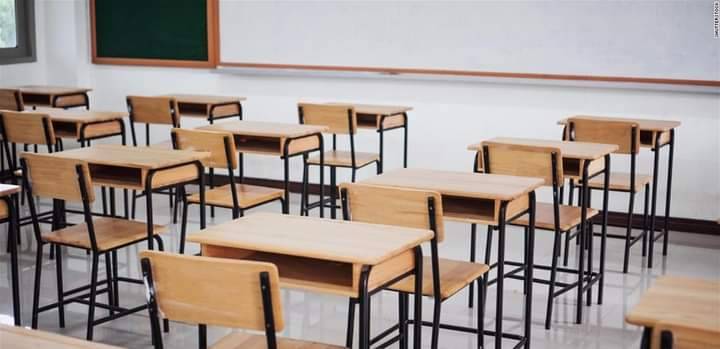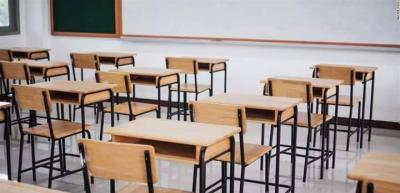The Ministry of Education wants September 15 to be the first day of the upcoming school year, regardless of teachers' demands and their legitimate questions about their ability to reach their workplaces and perform their duties, as well as the state of high schools suffering from a shortage of operational budgets. Meanwhile, teacher associations remain in conflict, with some, like the primary education association, registering students normally, while others, like the secondary education association, have "suspended" administrative work. The latter views September 15 as "a day to sign the attendance register after the summer vacation, and nothing more," indicating that what follows will involve different calculations.
Thus, the official education associations are not envied for their position at the start of the new school year. By announcing the suspension of administrative tasks at the beginning of summer, they have climbed to the top of a tree, making it very difficult to descend today in order to preserve official education. These associations, especially the secondary education association, are caught between the anvil of teachers' rights and the hammer of an open strike that has not yet been declared. On one hand, teachers have not seen any of their demands met thus far, their salaries remaining between two million and three million lira, and their ministry's proposed assistance is merely "international crumbs" from donor sources to somehow facilitate the school year. On the other hand, there are fears of students leaving public schools if the work stoppage continues.
Therefore, associations today find themselves in a dilemma between union opinions demanding at least some rights to ensure "a decent living for teachers," and the pressures from parents and parties who want public schools to open at any cost to alleviate the burdens of nearly total "dollarization" in private schools. The scenario of a forced return is strongly anticipated, evidenced by recent meetings of education associations with the education offices of political parties without any statements being issued. The arguments against teachers’ actions range from "pleading for poor students" to doubting the feasibility of salary payments during the strike, blaming teachers and their movements for the destruction of official education.
Observers fear a "terrifying scene," as they describe it, where public high schools close this year due to teachers raising demands excessively without state response, and with private schools reopening their doors at the beginning of September, a complete exodus of students is expected. They point to the readiness of the private sector to replace the public sector evidenced by several institutions expanding and buying new buildings to accommodate new arrivals.
Hence, suspending enrollment operations was not a commendable decision; on the contrary, "it would have been better not to climb to the top of the tree and keep the door ajar so we wouldn't end up in this situation," according to a monitoring union member who added, "any setback without securing a gain is an irreplaceable loss, allowing the official administrative body (the Ministry of Education here) to demand more painful concessions."
Moreover, a significant number of high schools have not complied with the "suspension of administrative work and halted registration," which will further open the door for undermining all union actions. Consequently, "below-the-belt tactics" are expected to be used, such as "asking the principals of high schools under political influences rejecting the strike to open their doors for registration and then pressure to resume the school year," which has already begun in the Baabda area with some principals sending notifications stating, "Thursday, September 15, is the first day for registration."
Additionally, the education associations have engaged in negotiations regarding rights with the state and missed key opportunities to secure parts of their rights, such as the expected boycott of official exams, through which they could have leveraged control over all students in Lebanon. However, the looming threat of issuing certificates still hovers over the associations’ meeting tables and prevents them from using this card.
Regarding the secondary education association, which has resumed its meetings recently despite internal instability following the resignation of Fouad Ibrahim, one of its members, President Malouk Mehrez confirms that "the return to teachers in any decision related to the school year" is underway. She adds that "negotiations are ongoing with the Ministry of Education and there are no clear figures yet on the expected incentives from donor parties; the state has not introduced any new proposals." The launch of the school year in public education by the Ministry of Education is used to "send a message," and Mehrez holds that "it is the ministry's right to declare what it wants, while we maintain our current boycott position," calling for the association to "reduce the teacher's working hours and class load this year, similar to public sector administrative employees."




